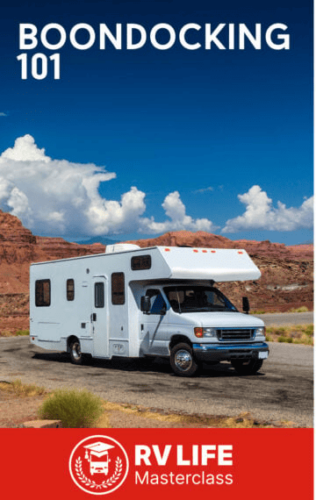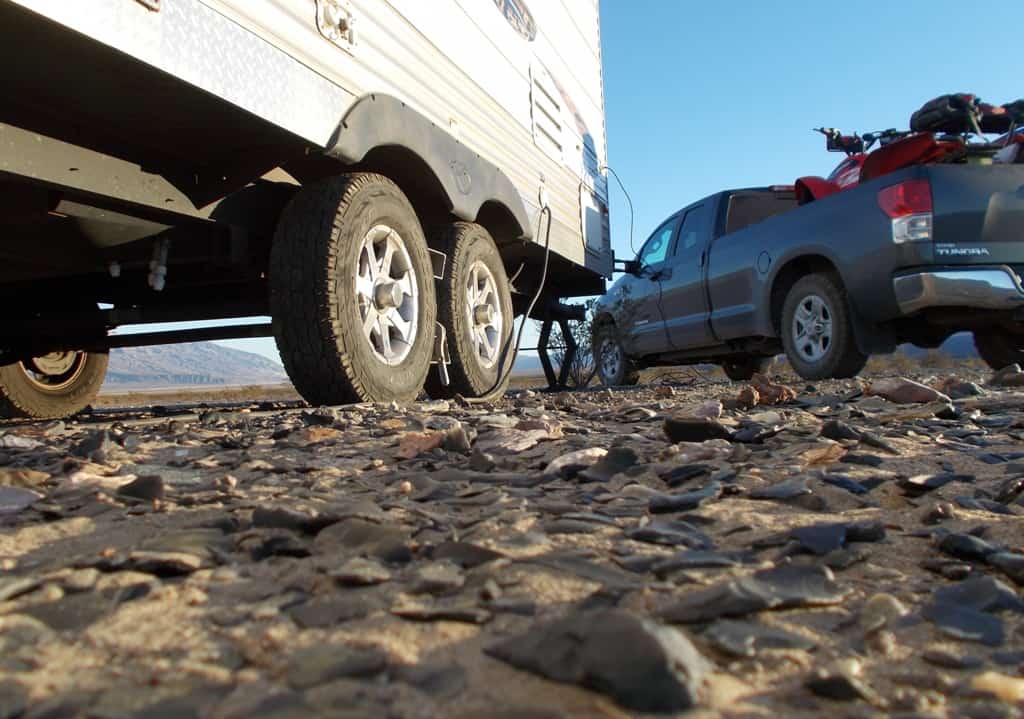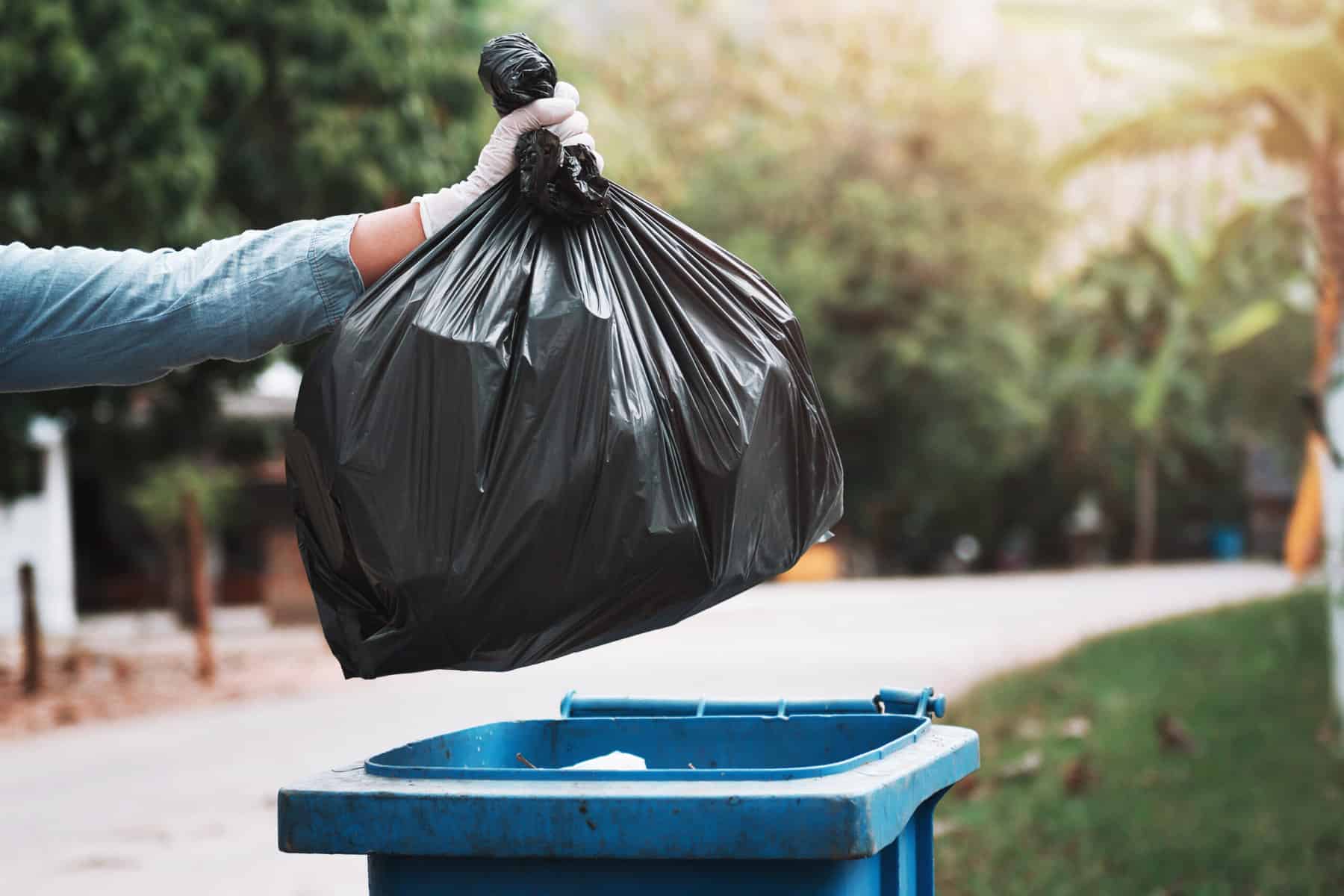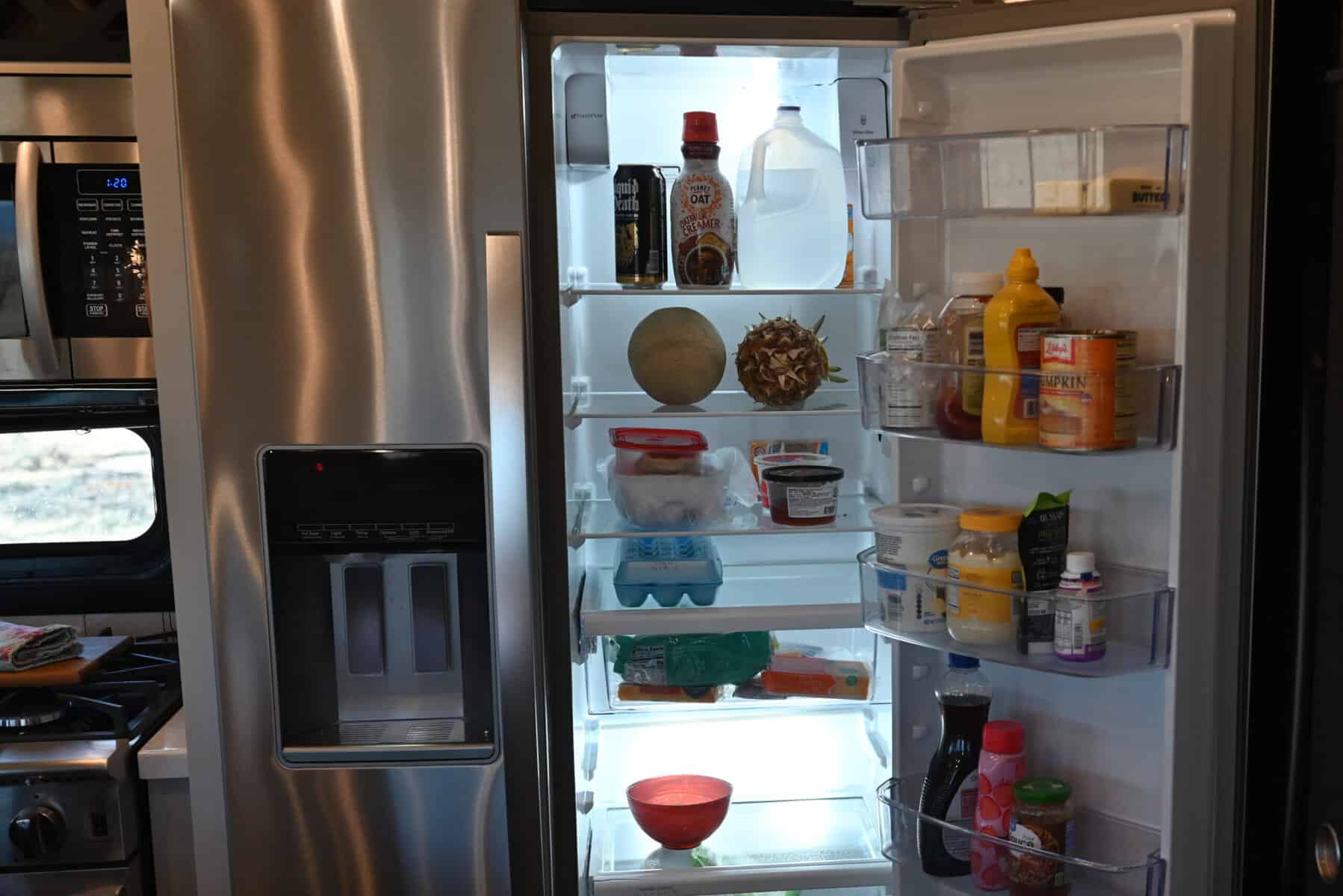Camping without hookups can be a great experience. But the dry camping lessons learned by new RVers are never fun. If you are thinking of boondocking for the first time, I hope my mistakes can save you the frustrating learning curve of going off-grid without hookups.
Dry camping (aka boondocking) is a fantastic way to RV.
Many RVers love camping without RV hookups for many reasons:
All that said, there are some dry camping lessons you should know before you head out on a boondocking adventure. Namely, you should be aware of all the dry camping things you SHOULDN’T do.
The 10 Dry Camping Lessons You Need to Know Before Boondocking
As experienced dry campers, my family has had our fair share of misadventures and unfortunate learning experiences. Read on to learn what we learned the hard way, so you can focus more on fun and less on solving problems while out dry camping.
1. Don’t Forget to Check the Weather
Question: What’s the first thing to do before heading out on a dry camping trip?
Answer: Check the weather!
If you’re RVing in the mountains, moving toward or away from water, taking dangerous routes, or moving long distances, the weather might be drastically different from the weather at your starting point. Throw in a cold storm or a heat wave and weather can change even more.
Knowing the weather forecast is critical for dry camping. Unless you want to run the generator 24/7, there’s no one single great way to cool an RV without electric hookups. You don’t want to attempt sleep in an RV without A/C in 85-degree (°F) nighttime temps. Ask me how I know.
2. Never Drive to a Campsite without Researching
There are some amazing dry camping sites out there. There are also some really sketchy sites out there. And you will also find some sites that are the best you’ll ever encounter, but are impossible for an RV to access.
Always, always do your RV trip research before heading to any campsite. Read reviews from other RV owners, not just car campers. Look at photos, dig up any information you can find, and make sure the site is safe and RV-friendly. It is not fun to drive hours on end only to find out the dry camping site you picked is two miles down an impossibly rutted-out road that your RV just can’t handle.
3. Avoid Showing Up After Dark
Generally speaking, off-grid dry camping spots are pretty rough. Unlike typical campgrounds, boondocking spots don’t have paved pads for your rig to sit on. Natural features like like rocks, trees, and cacti haven’t been conveniently moved out of your way either. To top it all off, once the sun goes down you’ll need plenty of flashlights, lanterns, or headlamps to find your way around. These wilderness camp spots are never lit once the sun goes down.
Even if you have a four-wheel-drive truck and lots of camping experience, these factors still make it nearly impossible to safely park an RV in a boondocking spot after dark. Therefore, it is imperative that you avoid late arrivals at your campsite. Try to arrive before sunset.
4. Don’t Get Stuck
Dry camping on the beach is amazing. Living on the beach forever because your RV is stuck in the sand is less so. We actually didn’t experience this one for ourselves, but we did see plenty of RVs stuck in the sand while dry camping on Baja’s beaches.
Honestly, it’s probably impossible to 100% ensure your RV doesn’t get stuck in the sand while camping on the beach. However, letting some air out of your tires and taking some time to walk the beach (and taking note of soft spots) before you drive on it can help. It’s also a good idea to pack some traction boards and a shovel just in case.
5. Avoid Camping at High Altitudes without Preparing
You never know what you don’t know until you know it. This was the case for us when we drove up a mountain to do some boondocking only to discover our propane fridge wasn’t working. We thought it was broken, but later discovered it was because of the high altitude.
A few years later, we had a similar problem when our generator wouldn’t start while we were camped in the mountains. We did quickly learn that we just needed to adjust the generator’s altitude setting.
All of that to say: If you plan on high altitude dry camping in the mountains (and you totally should), know that propane appliances and generators don’t always work the same way at those altitudes.
You may have to change the altitude setting on your generator, your stove may act fussy, and you may need to use an ice chest rather than the fridge for your perishable food while you’re there.
6. Oops! Don’t Forget to Fill the Fresh Water Tank
You know what would stink? Getting to your amazing dry camping site only to discover you have no fresh water. Fortunately, this is another thing we’ve never done. But we have almost managed it more than once. Driving with full fresh water tanks is debatable, but the important thing is always have a plan to fill your fresh tank before arriving at your chosen boondocking spot.
7. Don’t Overfill the Waste Tanks
You know what stinks even more than having no fresh water? Too much wastewater. I’ve lost count of the number of times we have overfilled our gray tank and had it back up into our shower.
Fortunately, we usually have full hookups when this happens. But we did have it happen once while we were dry camping. We had to dump some gray water into an empty trash can and pour that into our black tank. It was not fun and I do not recommend it. Instead, watch your tank levels and leave to dump before it backs up into your tub or sink.
8. Did You Leave Lights or Electronics On?
Teaching kids to turn off lights and electronics gear when they’re finished with them is a never-ending task. Unfortunately, when you’re dry camping, leaving electronics on can have pretty annoying consequences.
More than once, we have returned to our dry camping spot after a long day of adventuring only to find someone forgot to turn a light off. Fortunately we have an inverter, robust RV solar, and interior LED lights, so it never drains our batteries completely. But leaving power on does put an unnecessary dent in our available electricity.
Learn how to save power when dry camping before heading out.
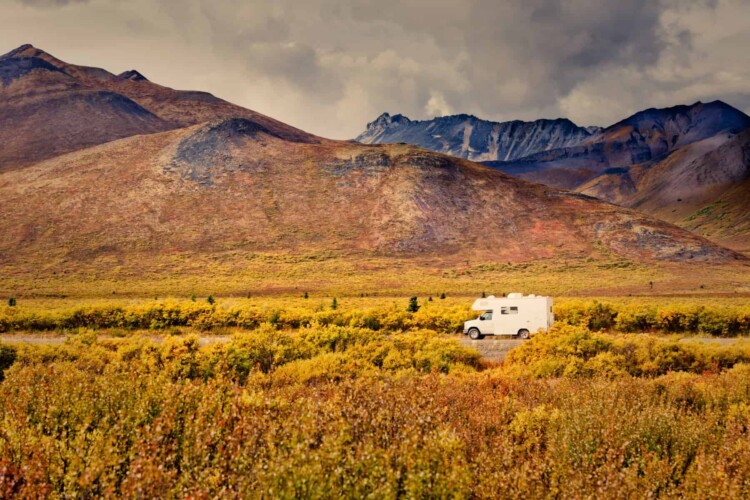
9. Sorry! The RV House Battery Died
Leaving a light on all day has never drained our battery. But we have had a battery run out of charge while dry camping. This happened before we upgraded to our fancy lithium battery bank. I’m sure if we got careless we could drain the lithium bank too.
Completely draining an RV battery when boondocking makes the LP alarm go off. It’s something that is not fun to wake up to. It also means the fridge and other amenities cannot run until you charge back up. On top of all that, draining a flooded battery completely is bad for the battery and will shorten its life.
10. Don’t Leave Trash Outside
Boondocking campsites usually lack amenities like a dumpster. You might be tempted to set your bag of trash outside until you can take it to a dumpster in town the next day. Just don’t. As I’m sure you can guess, animals really like trash. Leaving a bag of trash out almost always results in a huge mess. The last thing you want is to clean it up the next day.
We’ve made some silly mistakes when dry camping.
I’m sure we will continue to mess up from time to time. I hope you can learn from our annoying experiences. Always try to avoid these dry camping mistakes while exploring public lands. Despite the occasional goof-ups and temporary hassles of RV boondocking, it sure is better than bunking in a sleeping bag and tent!
Learn More RV Boondocking Skills
RV Masterclass: What is Boondocking? A Guide for RV Newbies

